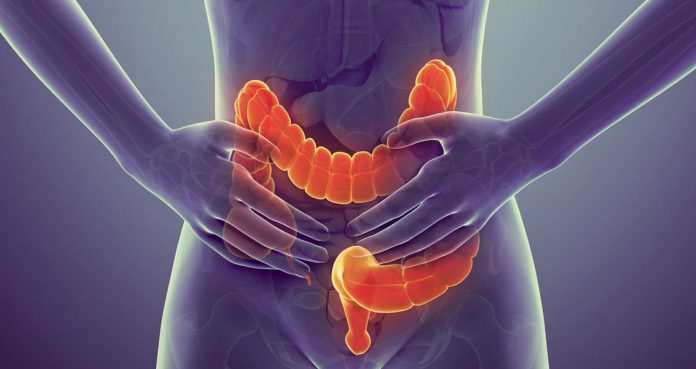You would probably assume that colon cancer is a disease that is often associated with the elderly. However, according to new research, the colon cancer rates are rising steeply in younger adults.
A 2017 study published in the Journal of the National Cancer Institute found that you are at the risk of colorectal cancer if you were born in 1990. According to that study, people born in 1990 have twice the risk of colon cancer and four times the risk of rectal cancer than people born in 1950.
Dr. Mark Pochapin, professor of medicine and director of the division of gastroenterology and hepatology at New York University Langone Health, said, “We’re all baffled and perplexed by this.”
What is more concerning is the study has also found that individuals younger than 55 are 60 percent more likely to have late-stage colorectal cancer than older adults.
Dr. Edith Mitchell, program leader of gastrointestinal oncology at the NCI-designated Sidney Kimmel Cancer Center, Philadelphia, said, “When a 25-year old complains of blood in their stool or of a sudden change in their bowel habits, their primary care physician rarely thinks it could be cancer and doesn’t offer screening tests that can diagnose the problem, like a colonoscopy. As a result, they’re not diagnosed until a much later stage. But it’s amazing how many young patients we now have. I would say that about 40 percent of my patients now are below age 50.”
Colon cancer or rectal cancer in younger adults is often associated with risk factors such as Crohn’s disease, ulcerative colitis, or Lynch syndrome, an inherited genetic disorder. However, experts say there is no clear reason why colorectal cancer occurs in younger adults.
Dr. David Liska, a colorectal surgeon at the Cleveland Clinic, said, “The rise in colorectal rates in younger adults has been parallel to the rise in the obesity epidemic, so it’s reasonable to think that that’s a factor. Many of the risk factors for obesity are also risk factors for colon cancer, including a high-fat diet that’s high in red meat and low in vegetables, as well as being sedentary. But I’m seeing a lot of younger patients who are at a normal weight and have a healthy lifestyle, so there have to be other reasons.”
Dr. Pochapin explained, “Younger adults may have been exposed to a lot of antibiotics as children, and eat more processed foods than their parents did. That, in turn, may have altered their gut bacteria in ways that encourage cancer cells to grow.”
How to prevent colon cancer?
- Know your family history
More than 35 percent of people below 35 who are diagnosed with colon cancer are known to be caused by a genetic predisposition.
Dr. Liska stated, “There’s more and more evidence that colorectal cancer in younger people may be genetically different than colorectal cancer in older adults.”
So, if you have a strong family history of either colorectal cancer or polyps, you should check with a genetic counselor, recommends Joy Larsen Haidle of the National Society of Genetic Counselors.
- Maintain a healthy weight
Overweight people under 30 have a greater risk of developing colon cancer later in life so it is imperative to stay at a healthy weight. Dr. Pochapin added, “It’s also important to eat a diet rich in fruits, vegetables, and whole grains and one that’s low in red or processed meats. These steps have all also been shown to lower colon cancer risk, as well as getting regular exercise, not smoking and limiting alcohol.”
- Regular screening
The American Cancer Society has now recommended annual colon cancer screening with the help of colonoscopy starting from the age of 45. However, if you have a familial history of colon cancer, you may have to start the screening at an early age. Dr. Pochapin explained, “We recommend then beginning at age 40, or 10 years younger than when the youngest person in the family was diagnosed with cancer.”
- Listen to what your body says
Dr. Pochapin noted that younger adults with colon cancer have it first developed in the lower part of the bowel, presenting with rectal bleeding. He added, “Any rectal bleeding should be taken seriously and requires a colonoscopy.” So, you must be alert for any changes in bowel movement, which means diarrhea or constipation that persists for more than a few days. The gastroenterologist said, “One of the most common signs is stool getting thinner and narrower, almost like a pencil caliber. This is because the colon cancer starts narrowing down the inside of the bowel.”





















